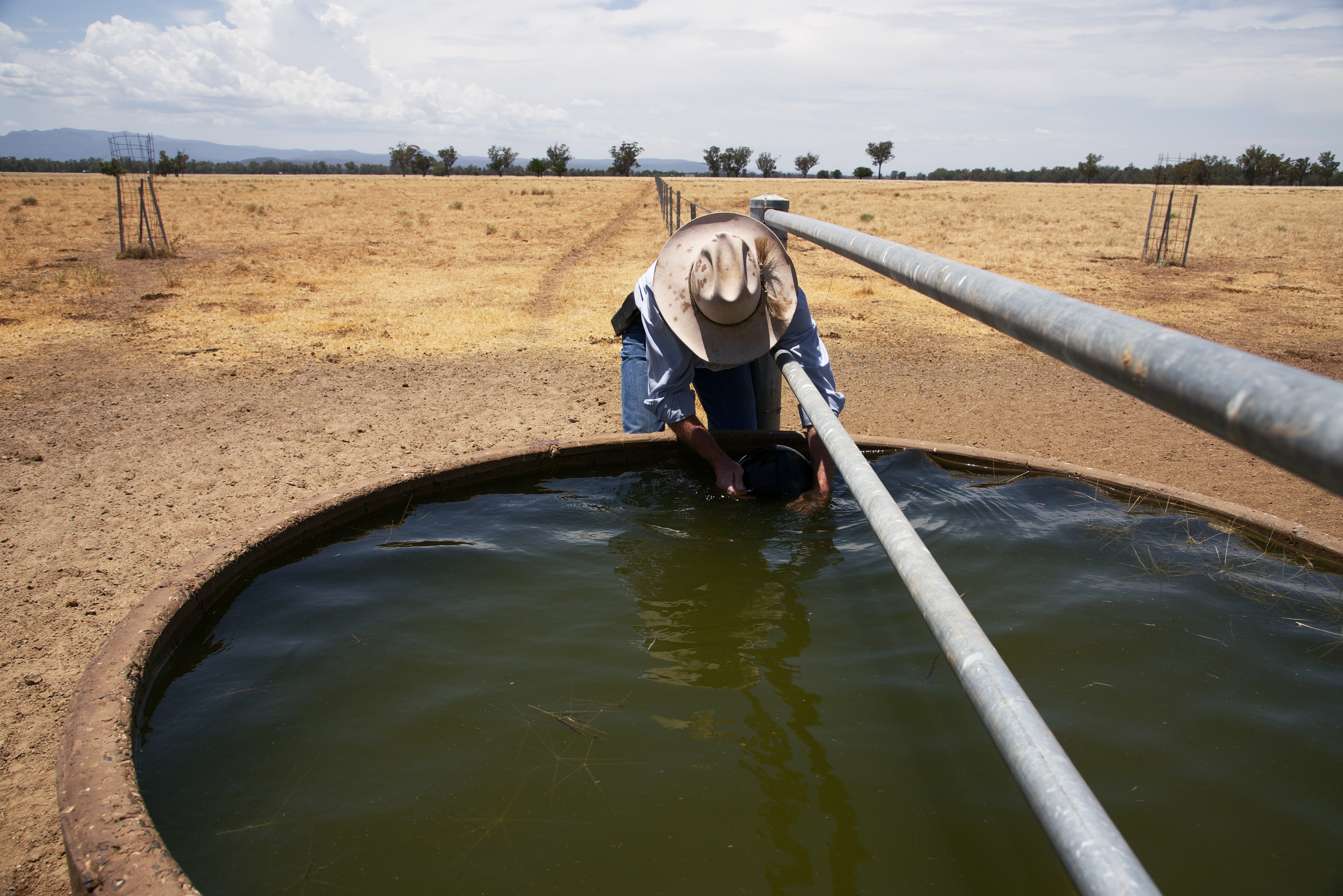The challenge
Australia is the driest inhabited continent on Earth and has some of its most highly variable rainfall and runoff. Successfully managing our waters and catchments is one of the challenges that will determine Australia’s future prosperity and the survival of many iconic Australian ecosystems.
Well-managed waters and catchments are critical for human flourishing, agricultural productivity, environmental sustainability, regional development, successful industry, reconciliation with First Peoples and adapting to a changing climate.
Since the 1990s, water policy reforms have delivered qualified successes, including increasing water use productivity and recovering water for the environment. However, Australia continues to struggle with the good decision-making and the long-term collective action required for effective water and catchment management.
'Too little attention has been paid to water challenges, yet they are among the most significant threats facing humankind today.'
Angel Gurría, OECD Secretary-General (2006-2021)

Increasing participation, deliberation and engagement can help
Beyond partisan politics
Water policy decision-making must find ways to move beyond divisive partisan politics, interest group pressure and misinformation.
We need an independent, ‘honest broker’, able to bring knowledge experts, communities, policymakers and politicians together, engage constructively with all sides and focus on vital but fraught water policy matters.
Better water and catchment policy outcomes happen when stakeholders are included as partners. This requires trusted institutions that can bridge divides and anchor the legitimacy of policy and management decisions.
To meet the challenges of the 21st century, Australia needs a renewed focus on how we make decisions and how we work together effectively. We need processes that allow the values and aspirations of stakeholders, communities and decision-makers to be fully articulated and deliberated.